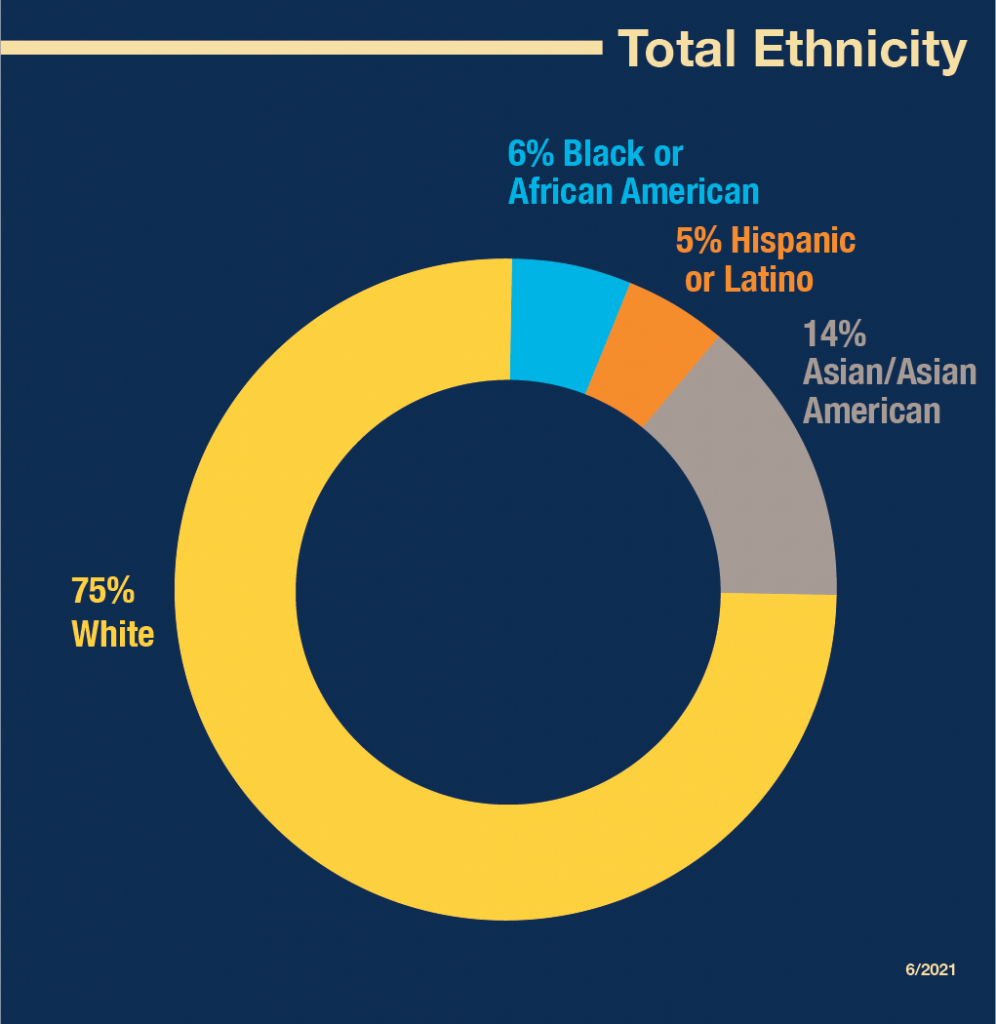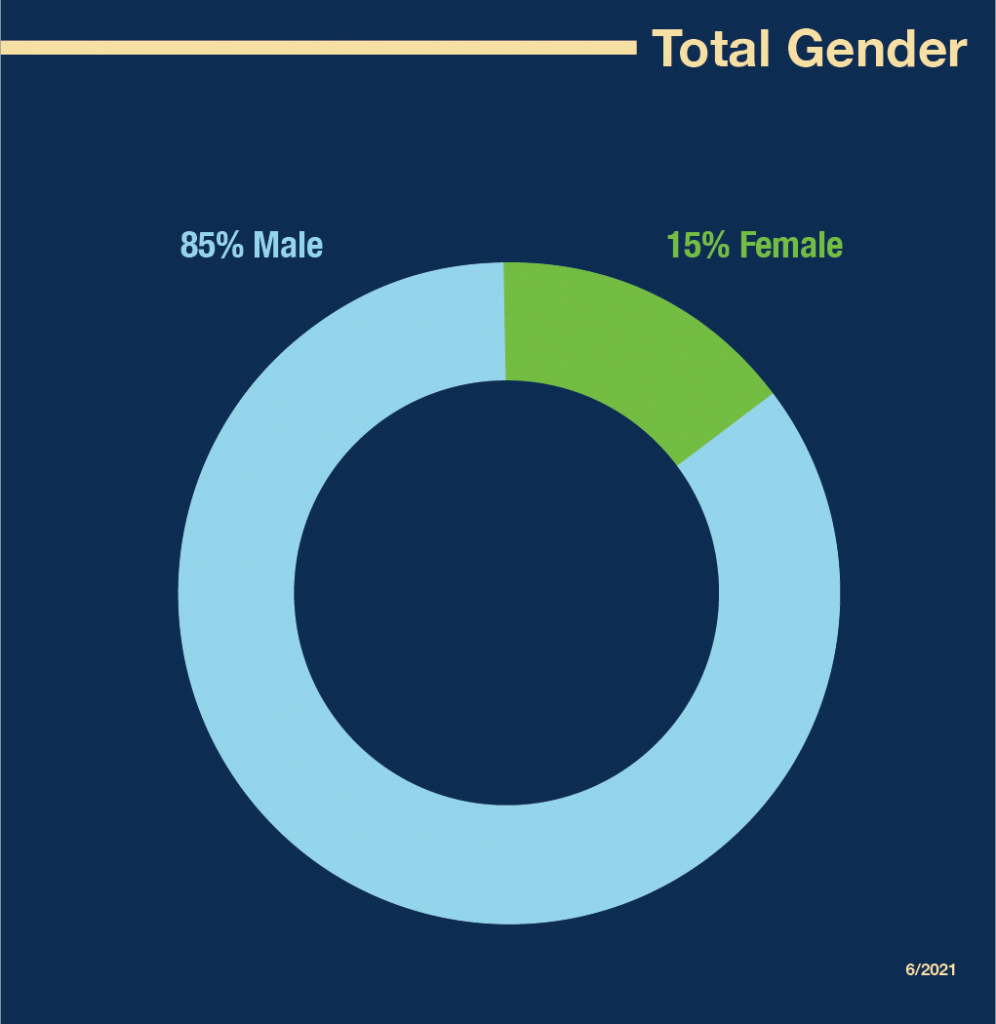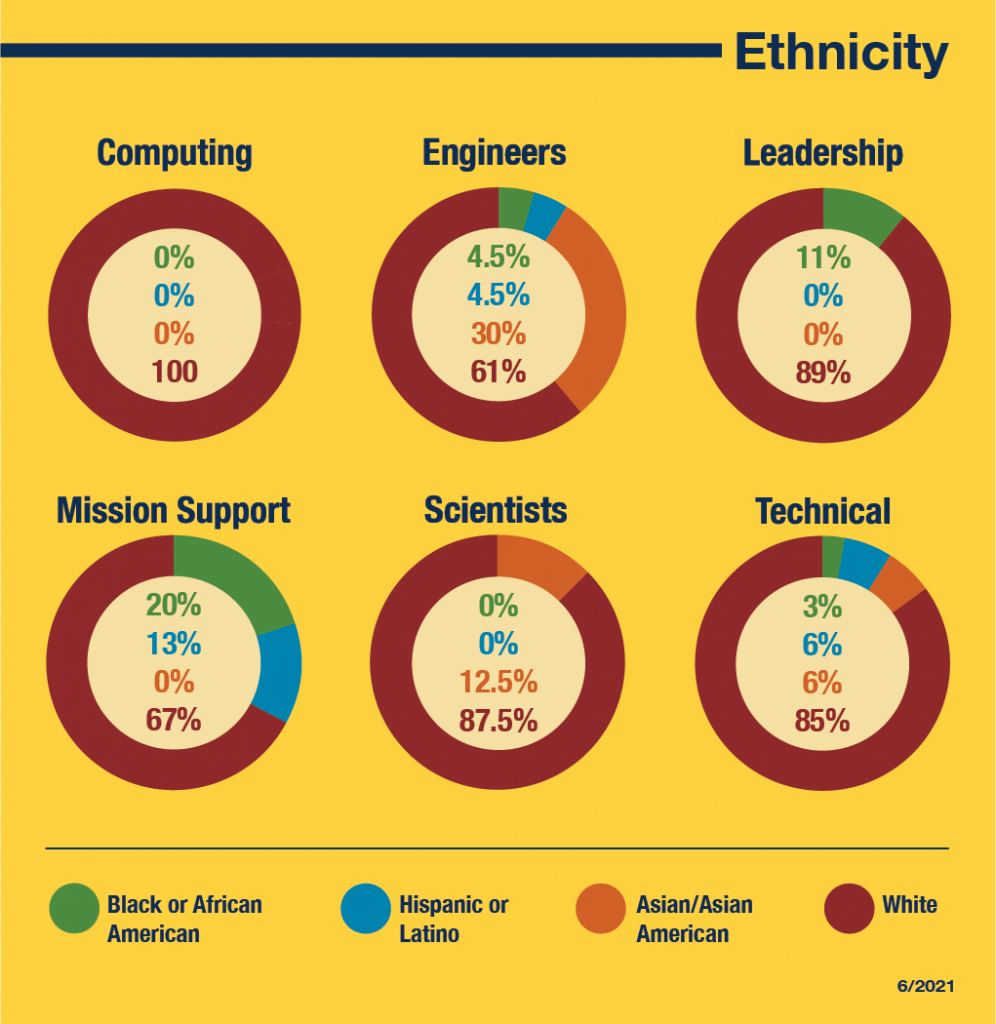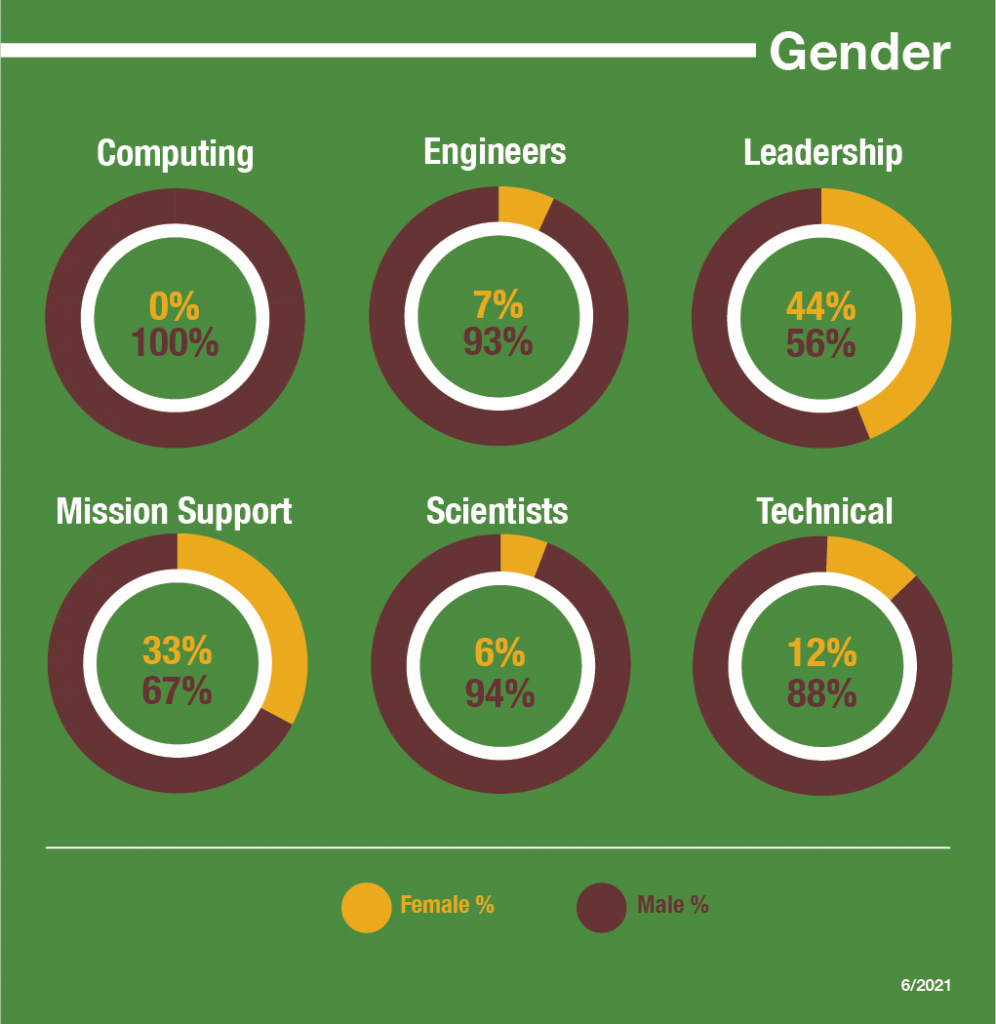PIP-II commitment
The PIP-II project is constructing a state-of-the-art particle accelerator that will extend Fermilab’s position as the leading U.S. laboratory for accelerator-based particle physics through the coming decades. PIP-II is the first accelerator project to be built on U.S. soil incorporating significant contributions from international partners.
The PIP-II project is committed to fostering a culture of inclusivity and inclusion throughout the project. This commitment starts with the Fermilab and PIP-II leadership and extends through all levels of the project organization. The PIP-II project abides by the Fermilab statement on diversity and inclusion:
Fermilab develops, implements, and maintains purposeful and intentional strategic initiatives to support a respectful organizational culture and intellectually diverse workplace. Our workforce and community collaborations advance the laboratory’s mission and accountability to welcome and excite diverse national and global talent. Our hallmarks include sharing knowledge, strengthening professional networks, and assuring equity and inclusion for each member of the lab community.
Approach and practices
PIP-II employs a three-tiered approach to developing and maintaining a diverse and inclusive workforce:
- Encourage the development of a diverse cadre of candidates for future employment within the U.S. university systems;
- Utilize hiring practices that identify and fairly evaluate diverse candidates via our hiring processes; and
- Provide a work environment that retains diverse hires by targeting successful advancement along career paths through active mentoring.
Providing opportunities at the university level
PIP-II is fully integrated into Fermilab programs providing opportunities for scientists and engineers within the U.S. education system. Our goal is to expose scientific and engineering students to the excitement of the PIP-II project and its associated scientific and engineering challenges at both the undergraduate and graduate student levels. A number of programs exist, some of which are explicitly targeted toward underrepresented minorities:
- Accelerator Engineering Fellowships for Underrepresented Minorities (ASPIRE) NEW
- Undergraduate Cooperative Education Program
- Lee Teng Undergraduate Internship
- Summer Internship in Science and Technology
- Science Undergraduate Laboratory Internship
- Graduate Fellowship in Engineering and Science
PIP-II works directly with Fermilab EDI Office to define opportunities for students in all these areas. While the last of these, Graduate Fellowship in Engineering and Science (GEM) specifically targets underrepresented minorities, all are welcome in the other listed programs. Fermilab intends to work directly with Historically Black Colleges and Universities (HBCUs) to publicize these opportunities.
Hiring and fostering a diverse workforce
PIP-II works closely with Fermilab human resources to ensure that the adopted recruiting and hiring practices support a diverse and inclusive workforce. Nearly all scientific and engineering hiring openings are assigned to hiring committees. PIP-II hiring committees are constituted from a diverse set of staff and are specifically charged to seek out qualified candidates among underrepresented minorities and women.
Providing avenues for success
PIP-II aspires to be a leading example in providing support for career advancement and retention within Fermilab. We want all the project’s staff, including groups that are traditionally underrepresented within the scientific and engineering communities, to view PIP-II as a memorable working experience that is advancing their professional goals. Key to these aspirations are effective role models and mentors. PIP-II leadership is committed to both setting a standard for role models and to providing active mentoring to establish career advancement paths.
PIP-II: How are we doing?
Achieving our PIP-II goals will not happen overnight. However, significant progress has been made through embedding the equity, diversity and inclusion principles outlined above since the inception of PIP-II. The graphs below show the current status within the PIP-II project. The two graphs on the left show the overall workforce distribution by ethnicity and gender, while the two graphs on the right show diversity profiles broken out by fields of work defined as:
- Computing: Computing professionals, excluding those with scientist job titles
- Engineers: All engineering positions including guest engineers
- Mission Support: All other employment categories including administrative personnel
- Leadership: Individuals who are on the senior project management leadership team (assorted job categories, not counted elsewhere)
- Scientific: Scientists, guest scientists, associate scientists and application scientists
- Technical: Technical support staff, engineeting physicists and accelerator operations professionals
Data updated June 2021




